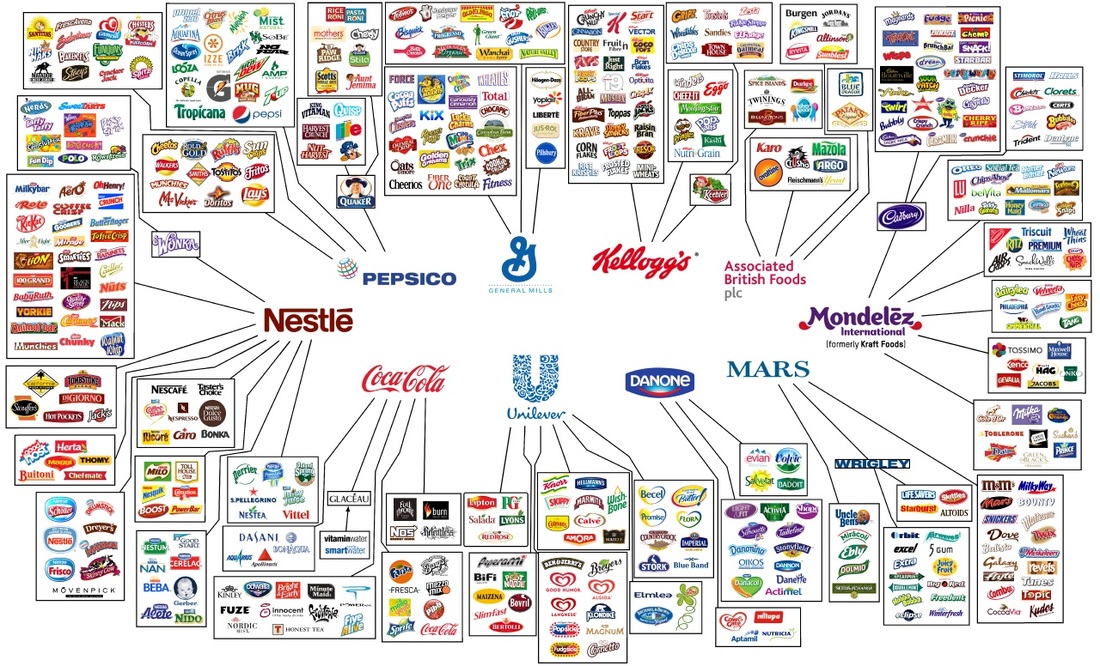A Level Geography - TNCs and Globalisation Essay
Assess the role played by TNCs in the
globalisation process (12 marks)
Transnational companies (TNCs) are companies that have parts of
their business in different parts of the world. This can be due to a country
having cheap, flat land and also because wages can be low for those who are
employed by the business. Having workplaces abroad has both positive and
negative effects which we be explored, and will be weighed up to make a
judgement on the overall role TNCs play in the globalisation process.
When a TNC invests in a less economically developed country or a
developing country, it does so because it is able to benefit from cheap
workers. Often, places do not have a minimum wage like the United Kingdom does,
meaning that they can be worked hard by the company to ensure heightened
efficiency. However, because costs are low initially, it means that profit will
increase which means that the company can reinvest and expand their branch.
This can have negative effects on the country, as it can drive many local
companies out of business. Although it does provide many of the unemployed with
work and forge connections between countries, irreplaceable culture is lost,
which shows that TNCs can be negative in the globalisation process.
Despite this, TNCs are a driving force in terms of economic
globalisation. The fact that it promotes interdependence of economies across
the world is a positive thing. Additionally, economic integration can lead to
improvements in technology, which can strengthen connections to distant allies.
Trans-national trade promoted by TNCs also sees the economy develop, as they
provide foreign direct invest (FDI) which lowers costs of doing business and
make it easier. This has resulted in a more iron economy which is no longer
vulnerable because it is dependent on a single market, showing that TNCs can
play an important role in globalisation.
Companies that are stationed in more than one location have been
at the centre of some news headlines after it was discovered many companies do
not treat their workers in an ethical way. TNCs provide the unemployed with
jobs, they are paid very little as there are not any minimum wage laws in
developing countries. People can work for 10 hours, 6 days a week in places
like Bangladesh and China (a recent BBC Panorama found), which can have a
detrimental effect on their health. This exploitation is shunned by many, which
has tarnished the TNCs reputation and suggests that, although TNCs can have
positives (like employment) there are negatives which come with it.
On from this, TNCs often takeover productive farmland. In China, this is an issue with over 3 million hectares of arable farmland being polluted due to the production carried out by TNCs. Specifically, we can look at the Pearl Driver Delta region which has become very polluted due to the leaking of blue dye for jeans which goes into the water. This has seen a major decline in the local dolphin species as the dye has caused their habitat to change. This is a negative impact on places which house a TNC, questioning how positively they can be viewed when it comes to the globalisation process.
To contrast this, it is evident that there a positives which
stem from having TNCs in a country. China has many of these companies which has
seen their development increase in speed rapidly. This has meant that many
people have been able to escape poverty as over 300 million Chinese people are
now middle class. The number of those in poverty has decreased by 680 million
also. This would not be possible without TNCs as they play a crucial role in
establishing connections between places and ensuring these are sustained. China
has since seen a better standard of living for it's population and better
education and services for all, which demonstrates this.
To conclude, the role of TNCs is important in globalisation.
Despite there being certain pitfalls which can see a country lose it's identity
or have it's people exploited, they promote growth and the ability to make
connections. This interdependence is increasingly important in today's world,
as it a determining factor which can see the country rise or fall on the global
stage.


Thank you for sharing this! It has really helped me with my revision
ReplyDeleteTheir crew have extensive knowledge and expertise in handling the intricacies of immigration regulations.
ReplyDeletetnc immigration